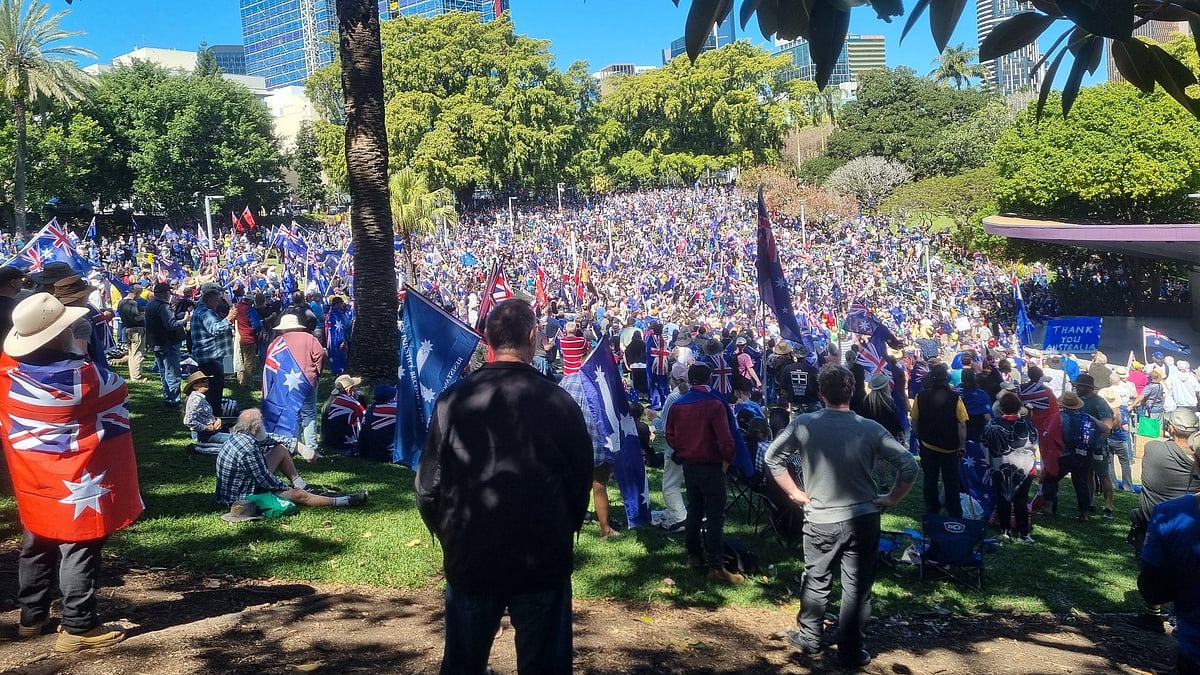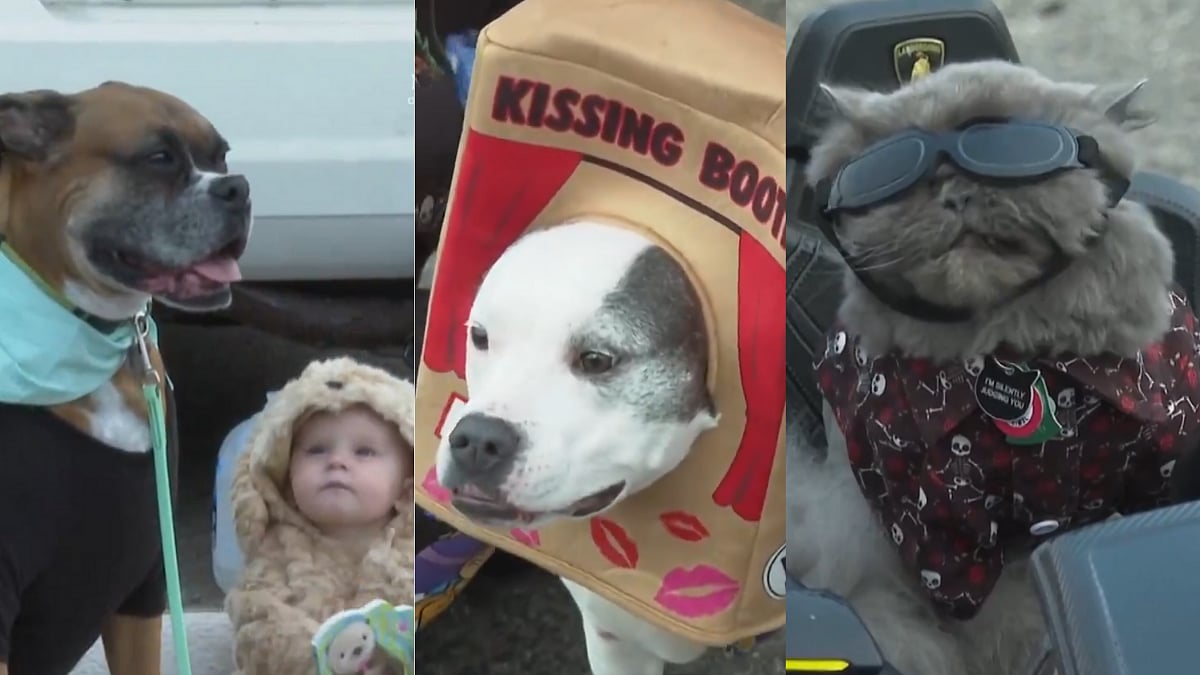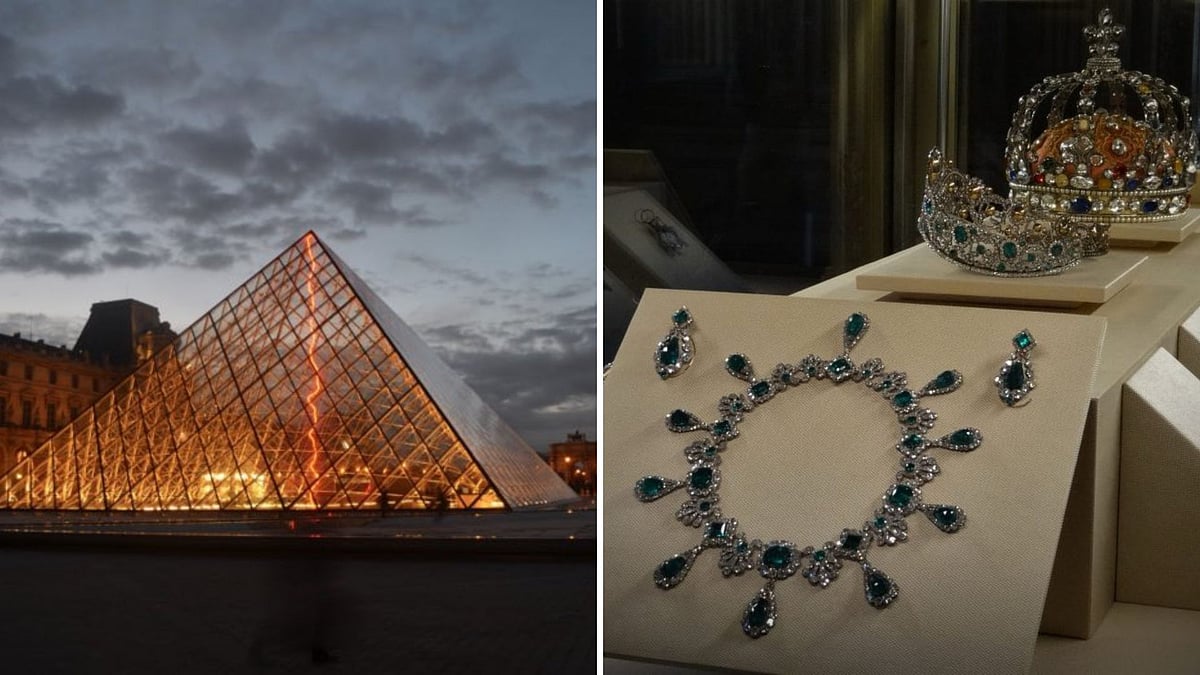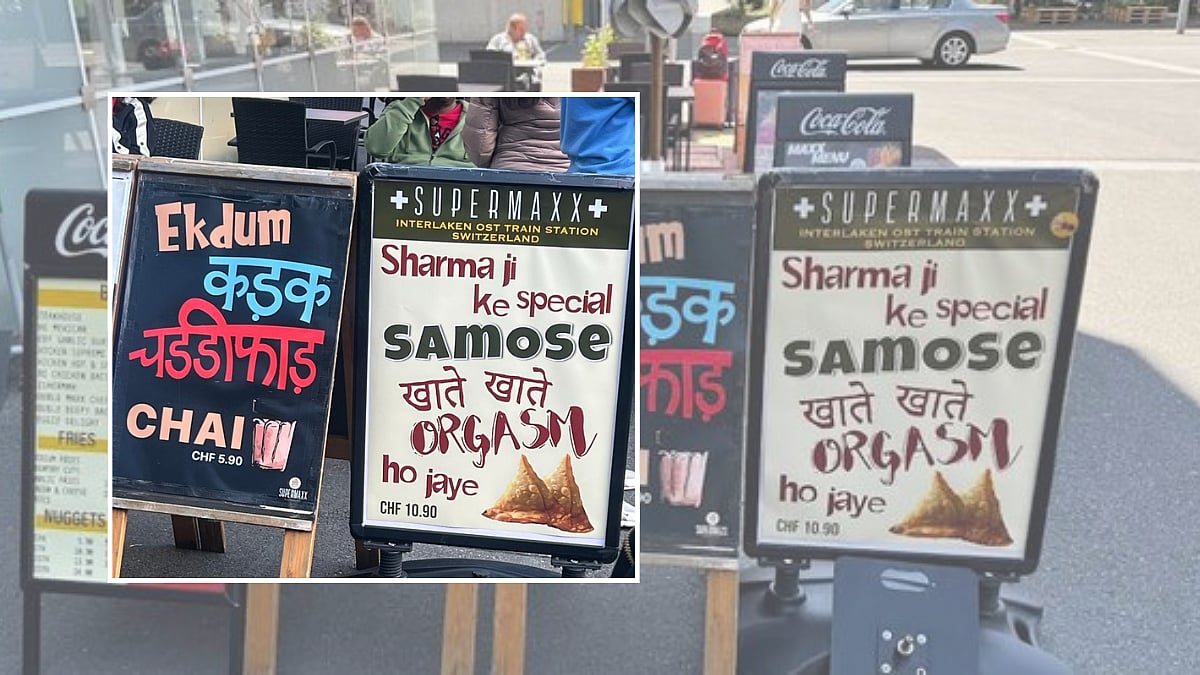Thousands of Australians participated in "March for Australia" rallies across major cities on Sunday, with promotional materials specifically targeting Indian migrants despite widespread government condemnation linking the events to neo-Nazi groups.
The demonstrations, held in Sydney, Melbourne, Canberra and other cities, drew between 5,000-8,000 participants in Sydney alone. Rally flyers prominently featured anti-Indian sentiment, stating "More Indians in 5 years, than Greeks and Italians in 100," referring to the Indian-born population that has doubled since 2013 to reach 845,800 people, now comprising over 3% of Australia's population.
Organisers claimed to be a "grassroots effort" seeking to end mass immigration, arguing it has damaged community bonds. However, the events drew significant controversy when neo-Nazi figure Thomas Sewell addressed the Melbourne rally, declaring "our death is certain" if immigration continues.
Violence erupted in Melbourne where police used pepper spray and arrested six people during clashes with counter-demonstrators. Two officers were injured in the confrontations involving an estimated 5,000 people across both sides.
The rallies faced unanimous political condemnation. Federal Labour minister Murray Watt stated the events were "about spreading hate," whilst Home Affairs minister Tony Burke declared there was "no place" for such divisive activities. Opposition leader Sussan Ley also condemned the violence and racism.

Some participants expressed concerns about strained public services, housing shortages and hospital wait times. Federal MP Bob Katter and One Nation's Pauline Hanson attended rallies, though most mainstream politicians distanced themselves from the events.
The demonstrations highlight rising far-right activity in Australia, where nearly half the population has overseas heritage. Recent antisemitic attacks since October 2023 prompted new laws banning Nazi symbols and salutes, with mandatory prison sentences for violations.










